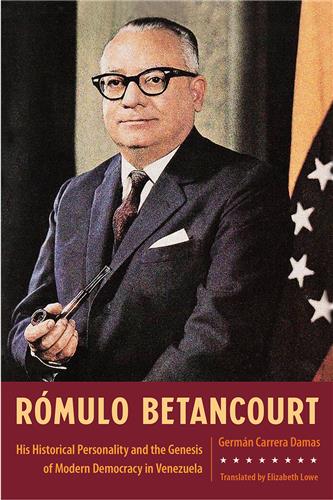Democracy After Slavery
Black Publics and Peasant Radicalism in Haiti and Jamaica
Mimi Sheller
Paper: $24.95
Mimi Sheller's ground-breaking comparative study analyzes the struggle for freedom and democracy in two Caribbean societies in the aftermath of the abolition of slavery.
Pairing the revolutionary Republic of Haiti with the British colony of Jamaica, the author shows how peasants in the 19th-century Caribbean developed a radical critique of elite liberalism and constructed an alternative Pan-Caribbean African identity. Comparing two major peasant rebellions and the relation between them, she describes how Haitian and Jamaican survivors of slavery contributed to the making of democracy in the West.
Scholars of the Caribbean and of postemancipation societies will find this book essential. At the same time, the issues Sheller addresses on democracy, citizenship, and subaltern publics will also be useful to the broader communities of sociologists, political scientists, and students of colonial and postcolonial studies.
Mimi Sheller is a lecturer in the Sociology Department at Lancaster University in England. She is the author of articles in Theory and Society, Slavery and Abolition, New West Indian Guide, and Plantation Society in the Americas.
No Sample Chapter Available
Awards
Choice Outstanding Academic Title - 2002
"a provocative, dense, intelligent, ambitious, politically and intellectually committed historical work of sociology 'from the bottom up.' While of special interest to those who study slavery and emancipation in Francophone and British Caribbean contexts, readers from U.S. and Latin American contexts will find much of comparative and theoretical value here as well." - H Net
--H-Florida
" An highly original and important contribution, highly recommended for Caribbean studies and comparative studies of the process of emancipation." Choice Magazine.
--Choice
" The book asserts the importance of grass-roots radicalism and reminds readers of the limitations of a democracy based on property rather than civic or human rights." ; " Sheller's bold effort to cut across the entrenched historigraphical tradition of national and regional based Caribbean studies will hopefully establish a new trend."
--Journal of Latin American Studies
" A fine example of how scholars can use the tools of subaltern analysis to recover the intellectual currents of post-slavery Afro-Caribbean politics."
"Essential reading for anyone with an interest in a critical understanding of the currents of intellectual thought, popular struggle, and intra-regional migration which have shaped the democratic hopes, too-often authoritarian realities, and socioeconomic inequalities of the modern Americas."
--Labor History
"Anyone interested in social change and the making (and unmaking) of democracy will enjoy this rich historical study, suitable for advanced high school through graduate school classes."
--Science & Society
”After Slavery is enlightening scholarship on the history of labor and citizenship in the post-emancipation era.”
--H-Net
Highlights labor, the urban South, violence, and the role of the central state as dominant but not easily integrated themes in current historiography.
--The Journal of Southern History











